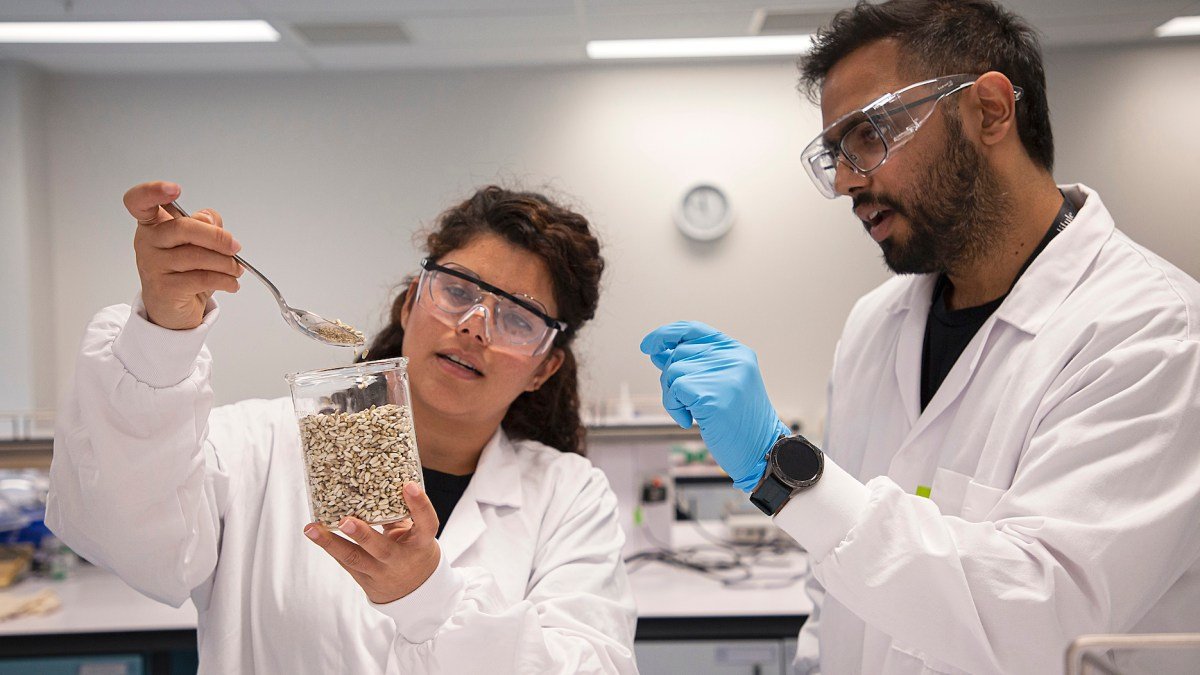Last year, the food tech investment sector was in flux while Miruku, a food tech company from New Zealand, was steadily advancing their molecular farming technology. This proactive approach has positioned them “three to four years ahead of emerging competitors,” according to CEO Amos Palfreyman in an interview with TechCrunch.
Miruku has been dedicated not only to navigating the challenges of the changing climate affecting traditional dairy production, but also to addressing critical issues of food security and nutrition. Palfreyman emphasized this in an email interview: “Miruku has broadened our focus to not only produce dairy proteins, but also other molecules such as fats and sugars usually made by animals.”
TechCrunch highlighted Miruku in 2022 when they secured $2.4 million in seed funding to develop molecular farming technology, using plant cells as mini factories to produce proteins and other molecules typically derived from animals.
Miruku is not alone in utilizing molecular farming technology for dairy production. Other companies such as Mozza Foods and Nobell Foods are doing the same. However, Palfreyman noted that Miruku differentiates itself by catering to business-to-business clients and specializing in both protein and fat modifications within the same plant. They have also strategically chosen safflower, a resilient crop, as their primary source.
Since their seed round, Miruku has made significant progress in their proprietary dairy seed system. Originally focused on extracting dairy proteins from seeds, the company has now evolved to utilize a combination of recombinant dairy casein and native plant proteins, alongside improved fatty acid profiles.
“This breakthrough allows us to maximize the use of the seed and produce a variety of versatile ingredients for the food and beverage industry,” said Palfreyman. “We have achieved several major proof-of-concept milestones, showcasing the potential and viability of our dairy seed system.”
During their growth, Miruku has expanded their team, secured partnerships with food manufacturers for co-development opportunities, and broadened their reach to include Israel and Australia, chosen as their initial market entry point.
Recently, the company announced a pre-Series A round of $5 million, led by Motion Capital and joined by existing investor Movac and new investor NZVC. Though Palfreyman did not disclose the company’s valuation, he did mention that it was a successful “up round.”
This new capital will enable Miruku to expand their crop development efforts, including a partnership with CSIRO (Commonwealth Scientific and Industrial Research Organization), an Australian government agency for scientific research. As a result, Miruku will be conducting field trials with their modified safflower varieties in Australia, as Palfreyman revealed.
“Above all, our focus is on advancing our technology and moving closer to market readiness,” said Palfreyman. “This includes expanding our presence in Australia and exploring the potential for establishing a base in the United States.”








